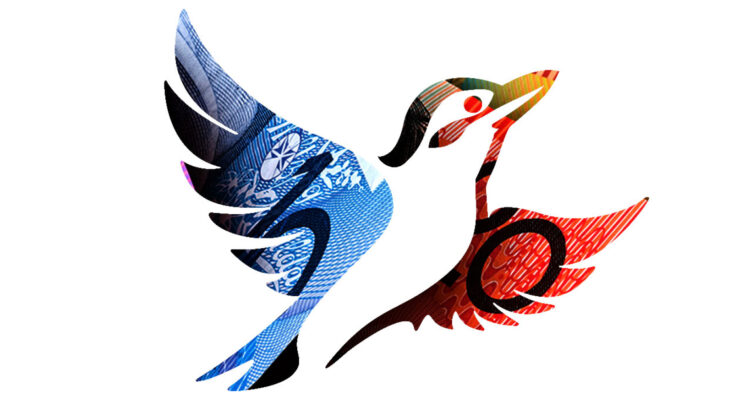Australian Unity issues Australian-first MCI
With interest rates at all-time lows, and term deposits lucky to be paying 0.5%, investors have simply been forced to look for alternative income-generating investments.
The share market has obliged, but not only in the form of normal equity dividends – but in newer listed income-bearing investments.
One of the most recent offerings came last week, when member-owned private health company Australian Unity Limited issued $120 million worth of mutual capital instruments (MCIs), at a face value of $100 per security.
The Australian Unity MCIs were issued at a 5% dividend rate, or 7.1% grossed-up with franking credits, although the dividend is discretionary and can be withheld – as is the case with listed companies.
The MCIs began trading on the ASX, under the code AYUPA, on January 4 at $104.90: they touched $107, and presently change hands for $106. The price rise has eroded the yield slightly, to 4.7% nominal, and 6.7% grossed-up.
But as a higher-yielding investment, the Australian Unity MCIs would certainly fit nicely into a diversified income-oriented portfolio.
AYUPA is an equity instrument, with no maturity date, and a fixed-rate non-cumulative discretionary dividend. Being an equity investment, in the event that Australian Unity experienced financial difficulty and had to be wound-up, the MCI ranks very low in the capital structure. But it has some bond-like characteristics, creating something of a hybrid – although the projected return is higher than a typical bank hybrid security dividend.
MCIs are classified in the Corporations Act as a type of share, but they have a face value and pay interest. However, the MCIs differ from traditional bonds because they are treated as capital instead of debt on a balance sheet, having no maturity date and granting holders the right to vote at AGMs (except, in the case of Australian Unity, on issues relating to demutualisation or wind-ups.)
The Australian Unity security is the first issue of MCIs, a type of security made possible by a 2019 modification to the Corporations Act to provide a means for mutual entities like Australian Unity to raise permanent capital without compromising their member-owned status. Mutual entities could previously only raise capital by taking on debt, a situation that pushed many longstanding member-owned entities to demutualise, such as AMP in 1998 and National Mutual Life in 1995.
There could be further issues of MCIs to come, with three other mutuals – Australia’s largest credit union CUA, Toowoomba-based Heritage Bank and Australian Military Bank – also having received member approval for the constitutional changes necessary to adopt the “mutual entity regime,” under which MCIs can be issued. The Business Council of Co-operatives and Mutuals (BCCM) says the regime “safeguards the mutual model whilst ensuring it can grow to meet the current and future needs of members and the community.” The BCCM says this is vital to contemporary Australian mutuals being able to grow and compete with other large, listed businesses.
Interestingly, Australian Unity’s heavy focus on ESG considerations – particularly the ‘S’ part, which is exemplified by the social purpose slant of its investments, such as the provision of medical and health services, means that it has been treated by many investors effectively as a retail social impact investment product, which investors who want that kind of access haven’t really had before. The combination of relatively high interest rates – about twice as good as bank hybrids – and a structure that will use part of the funds for projects with social benefits appears to have tapped-into a vein of investor interest.











